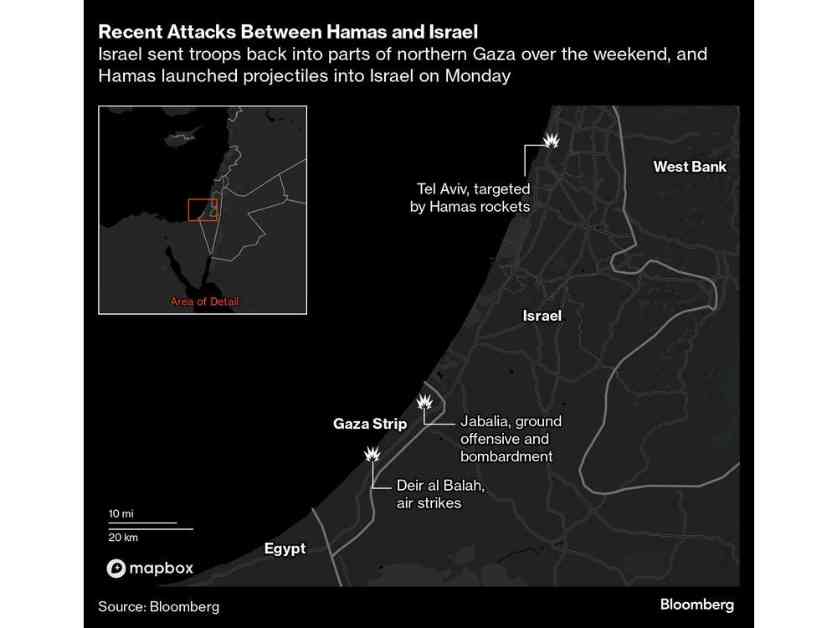US President Joe Biden and Israeli Prime Minister Benjamin Netanyahu are set to have a conversation on Wednesday regarding Israel’s response to Iran’s recent missile attack. This discussion comes as Washington is making efforts to calm Israel’s reaction to the attack.
The call was arranged after Israel’s defense chief, Yoav Gallant, planned to visit the US for coordination on the response to Tehran but had to postpone the trip due to last-minute objections raised by Netanyahu. The Israeli Prime Minister wanted to speak with Biden first and have his security cabinet agree on a plan regarding Iran.
Netanyahu and Biden have not communicated since August, and tensions have been rising due to Israel’s refusal to comply with US requests for a cease-fire in Gaza and Lebanon. The US, along with European and Arab nations, are urging Netanyahu not to launch a strike on Iranian nuclear or oil facilities, fearing it could lead to a broader conflict in the Middle East and cause energy prices to rise.
Netanyahu has described Iran’s missile attack as a significant mistake. Although the attack resulted in minimal damage and one fatality, it prompted millions of Israelis to seek shelter. Additionally, Israel is intensifying its operations in Lebanon against Hezbollah, an Iranian-backed group. Netanyahu has called on the Lebanese people to reclaim their country from Hezbollah, warning of the potential for prolonged conflict and suffering similar to that seen in Gaza.
The situation is escalating, with Israel increasing its offensive against Hezbollah in Lebanon. Following air strikes that killed several leaders, Israel deployed ground troops into the country. These actions have caused significant devastation in southern Lebanon and parts of Beirut, with a reported death toll of over 1,500 individuals, including civilians and children. Many have been displaced, seeking refuge in neighboring Syria, a nation already grappling with its own civil war.
The ongoing conflict has led to the relocation of tens of thousands of Israelis from northern regions due to the threat posed by Hezbollah. The US and other countries classify both Hamas and Hezbollah as terrorist organizations, further complicating the diplomatic landscape.
As tensions continue to mount, the conversation between Biden and Netanyahu will be crucial in determining Israel’s next steps in response to Iran’s aggression. The outcome of this discussion could have far-reaching implications for the region and international relations.






















